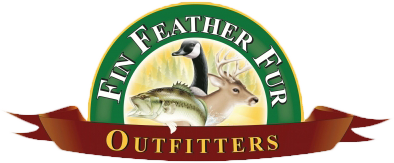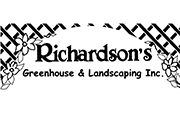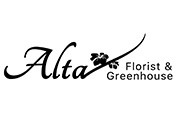As Glastonbury Festival bans plastic bottles, and as communities around the world promote refill stations and water fountains over bottled water, it's worth revisiting an oft-forgotten fact about bottled water:
Most of it is literally the same water we get out of our faucets anyway.
In fact, according to a new report from Food & Water Watch, a whopping 64% of bottled water sold in the US comes from municipal supplies. What's more, bottled water can cost 2,000 times more than what we pay for at the tap (and four times the price of gasoline!), and is now being marketed aggressively to people of color and low-income families as brands look to make up for falling soda sales. (Supermarket 'own brand' bottled water is often a particularly egregious example of such predatory marketing.) As if that wasn't enough, we all end up paying for it at the other end too—with municipalities paying upwards of $100 million a year for plastic bottled water waste disposal.
Luckily, movements are underway to counteract this expensive and rather pointless consumer trend. In the UK, for example, high street coffee shop chain Costa Coffee is teaming up with water utilities to offer free drinking water refills at its 3,000 locations as part of a broader nationwide drinking water refill network, and Network Rail—which manages many large railway stations and is one of the nation's biggest retail landlords—is installing water fountains and refill stations to help cut plastic bottle waste. Meanwhile, membership-based, filtered "refill stations" are cropping up all over New York, although Lloyd thinks they reinforce the message that tap water just isn't good enough.
Just in case saving money wasn't enough motivation for you, it's worth noting that BP is predicting that efforts to reduce plastic packaging will actually put a dent in oil demand growth over the coming decades.
Sami Grover, Writer (Treehugger.com)
Sami Grover is a writer, and Creative Director at The Change Creation, a brand creation agency that works with entities who make the world better, fairer or truer. Clients include Larry’s Beans, Burt's Bees, Canaan Fair Trade and Jada Pinkett Smith/Overbrook Entertainment.
He writes on a broad range of topics including sustainable business, the collaborative economy, and clean energy. He also has an unhealthy obsession with human waste and what we should do with it.
He once vowed never to fly again, then he fell in love with someone on the other side of the Atlantic. He once considered never procreating, he now has two kids.
He believes that adaptability is a prerequisite for sustainability.






